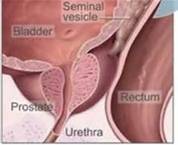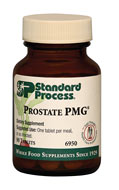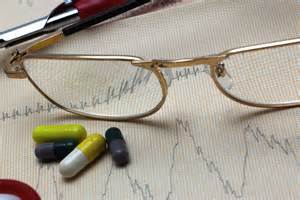How the Prostate Works

|
of the whole.” Plato |
Men often do not set their overall health condition or set prevention of health problems as a high priority in their daily life. Men, in general, seem to ignore health issues until they become noticeable to others that are close to them. Even then, many men need pushing to have examined by a physician. Consequently, for many men, accepting and understanding how important good health habits and prevention might be, is a struggle. Let’s talk about your prostate. If you don’t know what your prostate is or what it does, you are certainly not alone. Most men don’t.
 |
The prostate is part of a man's reproductive system. The prostate gland is the size of a walnut. It is found in front of the rectum and just below the bladder, which stores urine. |
The prostate wraps around a tube (the urethra) that carries urine from the bladder out through the tip of the penis and lies at the base of the bladder, located between the pubic bone and the rectum.
The prostate makes some of the milky fluid (semen) that carries sperm. This gland secrets about 25% of the seminal fluid that's combined with sperm during ejaculation. The prostatic fluid acts as a lubricant to prevent infection in the urethra and protects and energizes sperm. The nerves that control erections surround the prostate.During a man's orgasm muscles squeeze the prostate's fluid into the urethra while nourishing and transporting sperm. Sperm, which are made in the testicles, also go into the urethra during orgasm. The milky fluid carries the sperm through the penis during orgasm. The prostate supplies substances that aid fertilization and sperm survival, such as zinc, citrate, fructose and antibodies and provide the sperm with energy and protection.
The prostate gland grows quite a lot during puberty and then doesn't change much until about age 40, when it slowly begins growing again and, in many men, doesn't stop. Half of men aren't bothered by their growing prostate. But the others will develop one of three prostate diseases: enlarged prostate, prostate cancer, or prostatitis.
Symptoms of prostate problems are not always so obvious. Prostate may be bothering you for a number of reasons. Knowing your exact problem can be difficult because very often the symptoms are similar to each other. In any event, it is always wise to get a thorough check up by a good urologist. Make sure you know what your problem is before you decide what action to take. In most cases, the problem is benign (not life threatening). And almost every prostate problem can be relieved to a satisfactory degree with proper nutrition, correct prostate massage, exercises and nutritional supplements.











